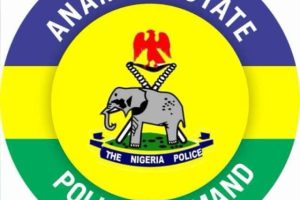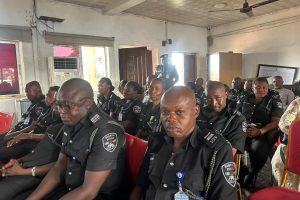Nigeria’s 1.5 billion dollar budget support loan request is “still in the works”, says Shubham Chaudhuri, World Bank Country Director for Nigeria.
Chaudhuri said this on Thursday in Abuja, at a media conference on the presentation of the World Bank Nigeria Development Update (NDU) for December.
The report titled “Rising to the Challenge: Nigeria’s COVID response” took stock of recently implemented reforms and proposes policy options to mitigate the impact of COVID-19 and foster a resilient, sustainable and inclusive recovery.
Chaudhuri said that the loan request was taking so long because, irrespective of the bold actions taken by the government in the form of reforms to cushion the effects of the pandemic, the bank still had its reservations.
“I think the way that our board and our shareholders have approached this budget support, is really to say has the country that is requesting the support done all it can to help itself?
“Think of it this way, when you have say a 10 or 15 billion dollar hole, 1.5 billion dollars is just a little bit of that, the question is how is the rest of that hole being made up?
“What is the sustainability in 2021 and beyond? And that is why we are thinking about the overall prospects going forward, in terms of the macro adequacy and the flexibility and exchange rate management.
“That is why our shareholders and our management are still saying we recognise how much Nigeria has done, but for this 1.5 billion dollars to really be a part of the larger effort to put Nigeria on a sound macro-fiscal footing going forward, there needs to be a little bit more.”
Chaudhuri, however, said that the 1.5 billion dollars slated for presentation to the Bank’s board for approval on Dec. 14 was not the 1.5 billion dollars for budget support, but two separate 750 million dollar credit to support state government efforts.
He added that one of them was for the state’s fiscal resources, but under a performance based mechanism.
“So, one is additional financing for the State’s Fiscal Transparency Accountability and Sustainability (SFTAS) programme for results.
“The other is the Nigeria COVID-19 Action Recovery and Economic Stimulus (CARES) Programme, which is meant to support the states towards protecting livelihoods, enhancing food security and supporting local economic activity.
“So those are the two operations that are being considered by our board on Monday.”
As for the bank’s portfolio investment in Nigeria, he said after the 1.5 billion dollars states support credit, it would amount to 11.5 billion dollars.
Giving a breakdown, he said there were three different ways of measuring the size of the bank’s portfolio, first was how much concessional financing was being provided.
“Yes, we are providing credits and not grants to support the government’s budget, but it is highly concessional, usually 20-30 years maturities, 10 years grace period and at highly concessional rates of about 1 to 2 per cent.
“So if you look at how much of that the board has approved, in terms of this financing, the board has as of July 2018 approved seven billion and in the last two years up to now, it has approved another three billion in financing so that brings us to 10 billion dollars and then the 1.5 billion dollars that is being considered in December that will bring us to 11.5 billion dollars the board has approved.”
The World Bank chief said that in active disbursements, the bank had disbursed seven billion dollars as at July 2018.
He added the bank’s board, in July, also approved 500 million dollars for the Adult and Girls Initiative for Learning and Empowerment (AGILE) programme, under the Global Financing Facility. (NAN)










Add Comment